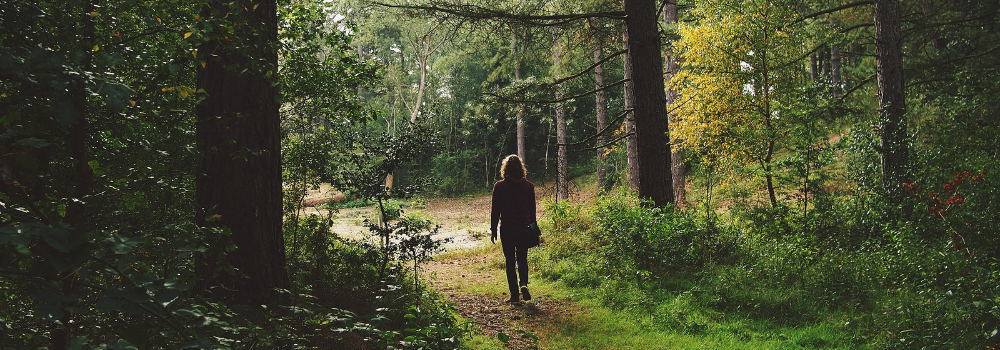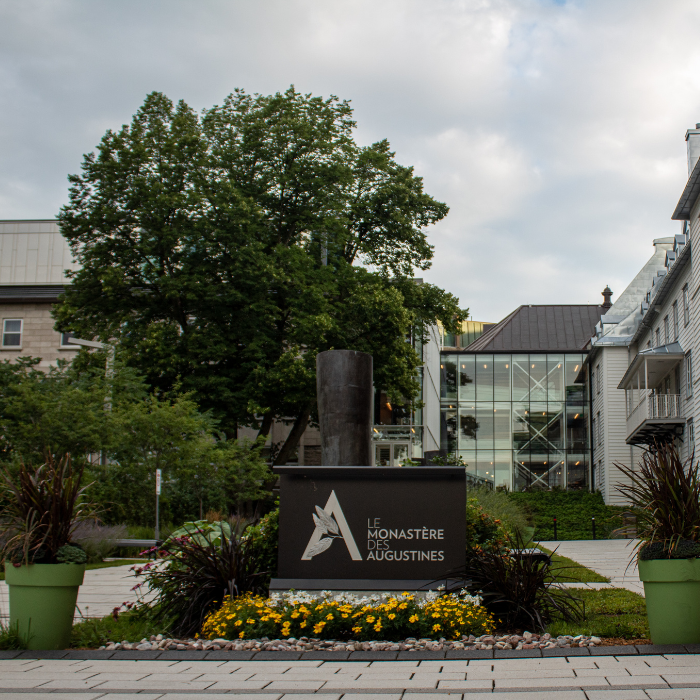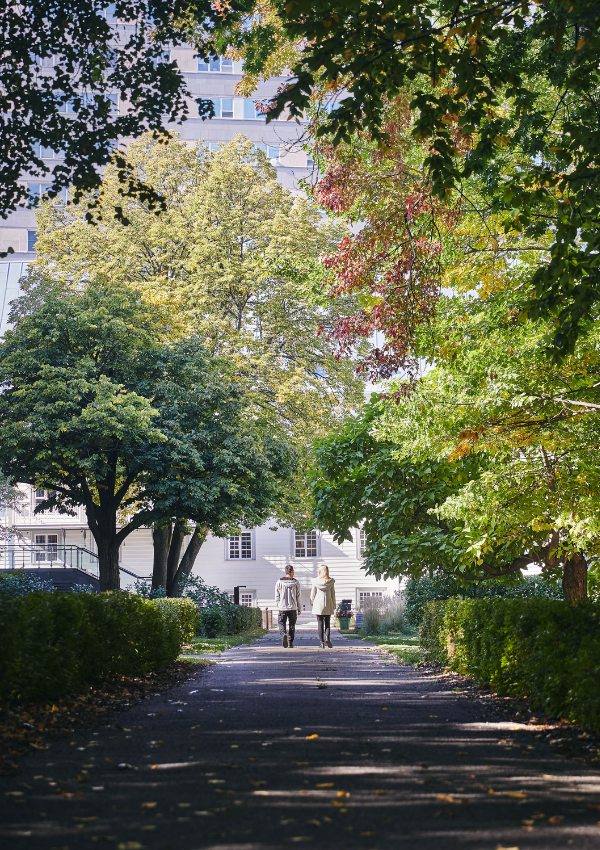A brief history of sustainable development

How long have we been talking about sustainable development?
The term sustainable development first appeared in 1980 in a publication by the International Union for Conservation of Nature (IUCN).
A few years later, in 1987, Gro Harlem Brundtland – then Prime Minister of Norway and President of the United Nations Commission on Environment and Development – produced a report titled Our Common Future, defining sustainable development as a “development that meets the needs of the present without compromising the ability of future generations to meet their own needs”. [1]
In 1992, at the Earth Summit in Rio (held under the auspices of the United Nations), the concept of sustainable development and its three pillars were formalized: an “economically efficient, socially equitable and ecologically sustainable development”.
Sustainable development in Québec
In Québec, we have a slightly different definition of sustainable development. In fact, in 2006, Québec passed its own Sustainable Development Act, which emphasizes the concept of sustainability.
Here, sustainable development is defined as “development that meets the needs of the present without compromising the ability of future generations to meet their own needs. Sustainable development is based on a long-term vision that considers the inseparable nature of the environmental, social and economic dimensions of development activities”. [2]

Sustainable development goals
– Ensure the preservation of the environment to guarantee the health and safety of human communities, while preserving the ecosystems that sustain life.
– Ensure social equity to enable the full development of women and men, the growth of communities and the preservation of diversity.
– Promote economic efficiency to foster the emergence of an innovative and prosperous economy that respects the environment and that is socially responsible.

Sustainable development at the heart of Le Monastère des Augustines
At the heart of the Augustines’ legacy to the people of Québec is the desire to leave this heritage to future generations, so that they may benefit from it. Indeed, the very nature of Le Monastère is to ensure the longevity of the community’s tangible and intangible heritage. Whether it’s through accommodation, the museum or services for caregivers, visitors are constantly in touch with this precious legacy, which is displayed everywhere and used as a source of well-being.
Le Monastère des Augustines acts more and more each day with respect for individual and collective global health, as well as the health of the planet. As an actor of social innovation and a signatory of the Declaration of Commitment to the Solidarity Economy since 2019, Le Monastère implements a variety of sustainable development initiatives. That’s why the three dimensions of sustainable development (environmental, social and economic) are at the heart of its actions.
Economic initiatives
- To ensure the sustainability of the project entrusted to us by the Augustinian Sisters, Le Monastère is responsible for its viability and financial health. Its business model is therefore both economic and social. All of Le Monastère surpluses are reinvested in its cultural and social mission.
- The supply chain is taken into consideration and in line with the Monastère’s values. It favors organic products from local suppliers whose values are in line with its own.
- Le Monastère’s pricing policy considers the needs of different clientele through a diversified offer. This approach allows Le Monastère to reconcile economic viability with accessibility of services.
- Sustainable development is more than a concept; it’s a way of being, a way of thinking and a way of living. It’s about making smart choices today to secure the future for generations to come.
Social initiatives
- The Augustinian Sisters’ heritage is made accessible to the public through Le Monastère’s museum.
- Le Monastère is socially committed, offering support and respite at solidarity rates to caregivers and those accompanying the sick.
- Le Monastère’s global health services promote healthy lifestyle habits among both customers.
Environmental initiatives
- Le Monastère preserves, restores, reuses and passes on to future generations the architectural heritage of the Augustinians. This ecological approach is the foundation of the NPO. For example, 70% of the original materials and furnishings were preserved in the restoration of the site.
- Le Monsatère uses automated equipment control and recommissioning (RCx). This re-optimization process improves the building’s energy efficiency while maintaining comfort.
- The heating and air conditioning systems are geothermal, a clean, renewable technology. Another concern of Le Monastère is to gradually increase the use of natural gas for heating.

